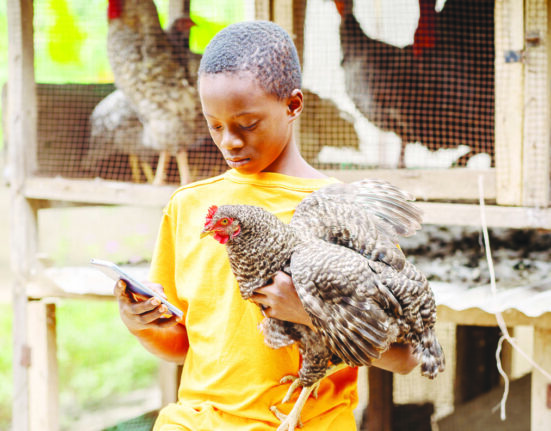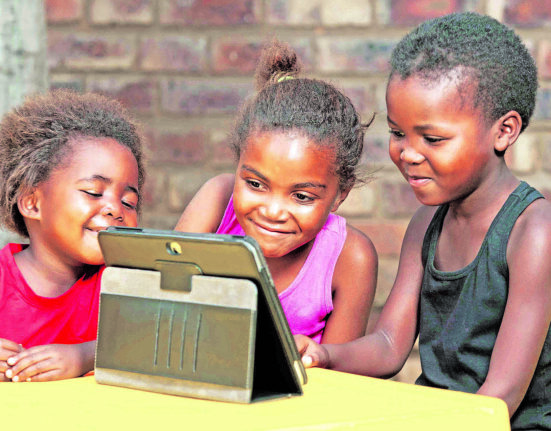Bob Kisiki
When we say life has changed, it’s not that we’re saying instead of breathing through the nose, use the mouth and eat through the ears, no. The basics remain, but owing to the way systems die out and others come into play, social roles and how they influence our duties and responsibilities shift in turn.
I will cite the simple example in the household. For the longest time, the belief (and practice) was that the man fended for the family, and everyone in the household looked up to him for provision — all the way from food, clothing, shelter and school dues, etc.
In the village setting, the woman went and tilled the land, which contributed to the availability of food. In urban places, women engaged in some form of petty trade or other, which again contributed to the family livelihood. Unfortunately, even where this happened, it was still taken that the man was the (sole) fender for the family’s needs. We shall not go into the political dynamics of this.
Times have changed and are changing, however. Systems have mutated, leading to changes in the way we do things, even at family level… You could say especially at family level. Without having to go into matters of cause and effect, let’s admit that at some point, the woman peered beyond the kitchen, the small family parcel of land and the market stall and saw that greater things were possible out there.
She stayed in school beyond the previously “comfortable” primary school and, occasionally, O’level, and began getting relevant education, which meant that she could get some kind of employment and, eventually, register a sensible company that can yield proper revenue.
Where does this leave you, the man, therefore? In a situation where you need to adjust and act accordingly. And this is where I will mention the reason for this rather out-of-the-usual article in this column.
A couple of weeks ago, I witnessed an altercation where a working woman found she could no longer go to work, because her husband refused to take care of their two-year-old daughter, because, well, doesn’t the wife know it’s her responsibility? While schools remained closed, it was alright for this mother, because the bigger children ably and cheerfully took care of their little brother.
But now that they are back in school themselves, the mother cannot look after the boy and also go to work. And now, as it turns out, her businessman husband cannot stay with the child, though he can comfortably run his business at home, as he’s done countless times before.
Parenting is the duty of both parents. It is as much a responsibility of the man as it is of the woman. It is as you attend to the child’s material, emotional and other needs that bonding takes place.
As you feed them; as you help them dress up; as you drop them off at the day-care centre or school or whatever and wherever, you get to know their challenges and solve them. As you listen to them, you get to know them better as individual human beings.
But when you leave this to one parent, this is how you realise, sometimes too late, that you have a stranger in the house, who doesn’t know or even like you, and then you wonder, when did this happen?
The writer is a parenting counsellor and a teacher









Leave feedback about this